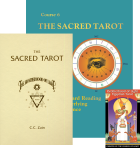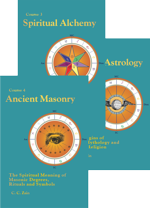|
|
Spiritual Meditations and Exercises Brotherhood of Light Lessons: Course Books on Astrology, Alchemy and Tarot
For Email Marketing you can trust
|
Birth Data, Data Rating and Astro-ResearchBy DW SuttonIntroduction: Letter from the AuthorAll astrologers, including astro-research workers, need birth-data. The work they do depends upon a time, date and place of birth. Data is obtained from people, birth certificates, family records, hospital records and written documents. It comes via personal contact, phone conversations, letters, books and the internet and the astrologer’s first duty — on receiving the data — is to validate its authenticity and level of accuracy. Accurate birth times provide accurate birthcharts and accurate birthcharts provide accurate astrological data, but birthcharts are rarely — if ever — 100% accurate. The birth time — the precise moment a child takes its first breath — starts the astrological trail, but the hour and minute with an am or pm designation that's written on a birth certificate or other personal record never documents this time precisely. This means that documented birth times are best regarded as almost accurate. Even so, they do have the highest level of accuracy and the Rodden Rating System gives them all an AA rating. But a lot of AA data is approximate rather than accurate and some is more accurate than others so there's a flaw in the AA data rating classification that requires clarification. Astrological research seeks evidence-based astrological facts — reliable information that people can use in their daily lives to benefit their physical, mental and spiritual wellbeing. The more accurate the birth data the more accurate the birthchart — and reliable astrological information can only come from accurately timed charts. This means that the charts selected to participate in a particular research project will have to pass a rigorous selection process. It doesn't matter which way you look at it the key issue for astrology is data accuracy — particularly the accuracy of the birth time. Dennis Sutton Next: Part 1, Data
|
|
||||||||||||||||||||||||||||||||||||||||||||
|
||||||||||||||||||||||||||||||||||||||||||||||







